When it comes to building strength and staying fit without a gym membership, resistance training at home is one of the most effective and sustainable options. Whether you’re just starting or getting back into a routine, having the right plan and understanding the fundamentals can transform your home into a powerful workout space.
What Is Resistance Training?
Resistance training, often referred to as strength training, involves working your muscles against a form of resistance — like dumbbells, resistance bands, or your own bodyweight. It helps increase muscle strength, boost metabolism, improve bone density, and enhance overall physical function.
Why Train at Home?
Training at home gives you flexibility, privacy, and long-term consistency. You don’t need a lot of space or expensive equipment. With just a few essentials or even your own bodyweight, you can perform a full-body resistance workout at home that rivals what you'd do at the gym.
Getting Started: Your Home Resistance Training Program
A well-rounded resistance training program at home should include exercises targeting all major muscle groups. Here's a simple weekly structure you can follow:
Day 1: Upper Body Strength (Push & Pull)
-
Push-ups (chest, shoulders, triceps)
-
Resistance band rows or towel rows (back, biceps)
-
Overhead press with dumbbells or water bottles
Day 2: Lower Body Strength
-
Squats (bodyweight or goblet)
-
Glute bridges
-
Step-ups or lunges
Day 3: Core and Mobility
-
Plank variations
-
Dead bugs or leg raises
-
Dynamic stretching and mobility drills
Day 4: Full-Body Resistance Workout at Home
-
Circuit of push-ups, squats, rows, glute bridges, and planks
-
30–45 seconds per exercise, 3–4 rounds
Best At-Home Resistance Training Exercises
Some exercises require no equipment, while others can be enhanced with resistance bands or dumbbells. Here’s a list of effective at-home resistance training exercises:
-
Bodyweight squats – great for building lower body strength
-
Push-ups – classic and modifiable
-
Resistance band bicep curls and triceps extensions – arm isolation without heavy weights
-
Wall sits – static hold that builds endurance
-
Bird-dogs and side planks – build core and stability
-
Resistance band rows – upper back and posture strengthener
How to Do Resistance Training at Home Effectively
To maximize results:
-
Progressive Overload – Gradually increase resistance, reps, or time under tension.
-
Form First – Focus on controlled movements and full range of motion.
-
Routine – Aim for at least 2–3 resistance workouts at home per week.
-
Rest & Recovery – Give muscles time to repair and grow.
My Personal Journey With Resistance Training at Home
Years ago, when I moved to a small apartment with no access to a gym, I felt like my strength training days were on hold. But I started small — a pair of resistance bands and a 10-minute routine. Within weeks, I noticed real changes: stronger legs, tighter core, better energy. The biggest lesson? Consistency beats perfection. My home wasn’t a fancy studio, but it became the space where I felt in control of my health and strength again.
Final Thoughts: Build Strength Where You Are
You don’t need machines or a gym to get strong. Whether you’re doing resistance workouts at home with bands, weights, or just bodyweight, your living room can become your training ground. Stick with it, track your progress, and celebrate the small wins. Resistance strength training at home isn’t just effective — it’s empowering.


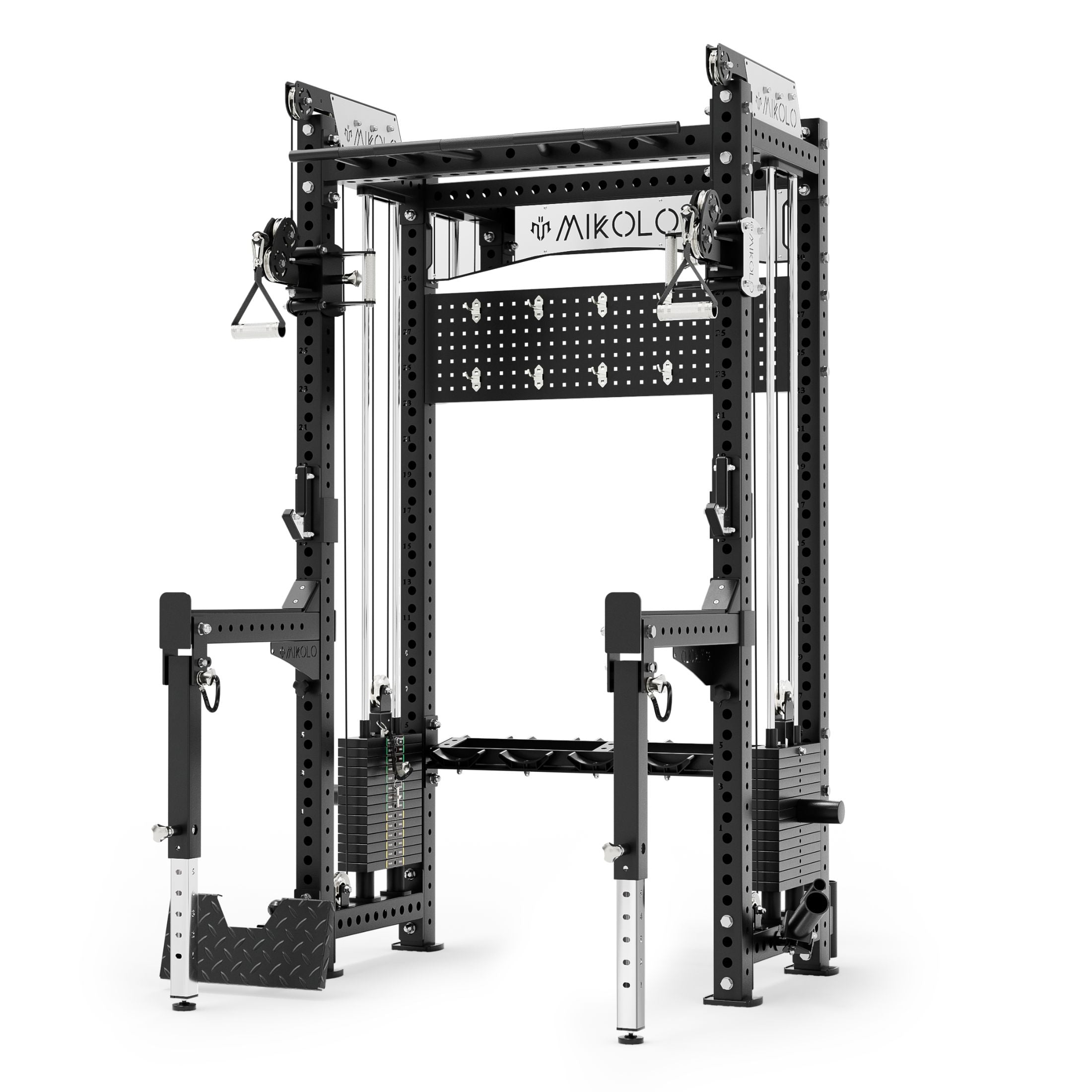
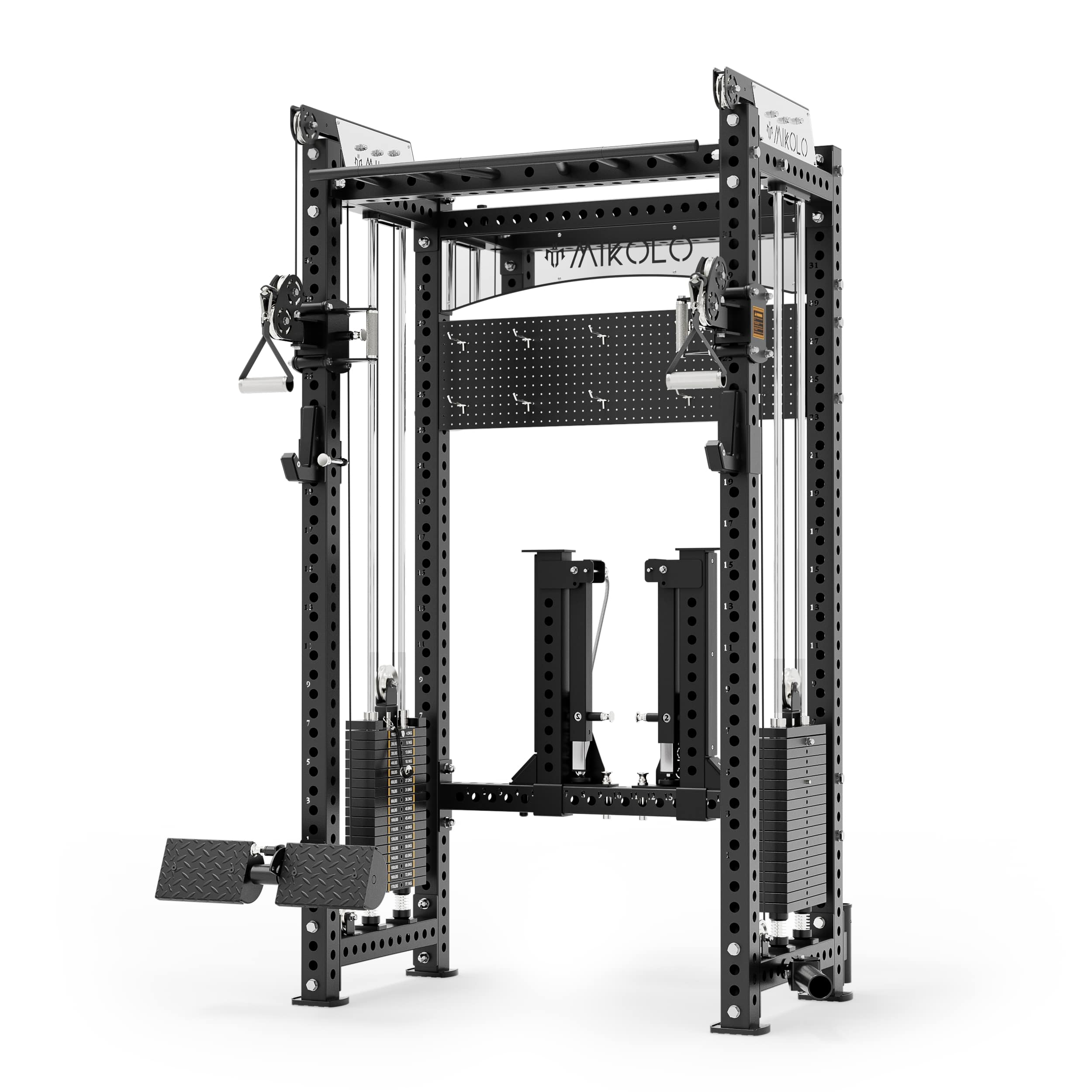
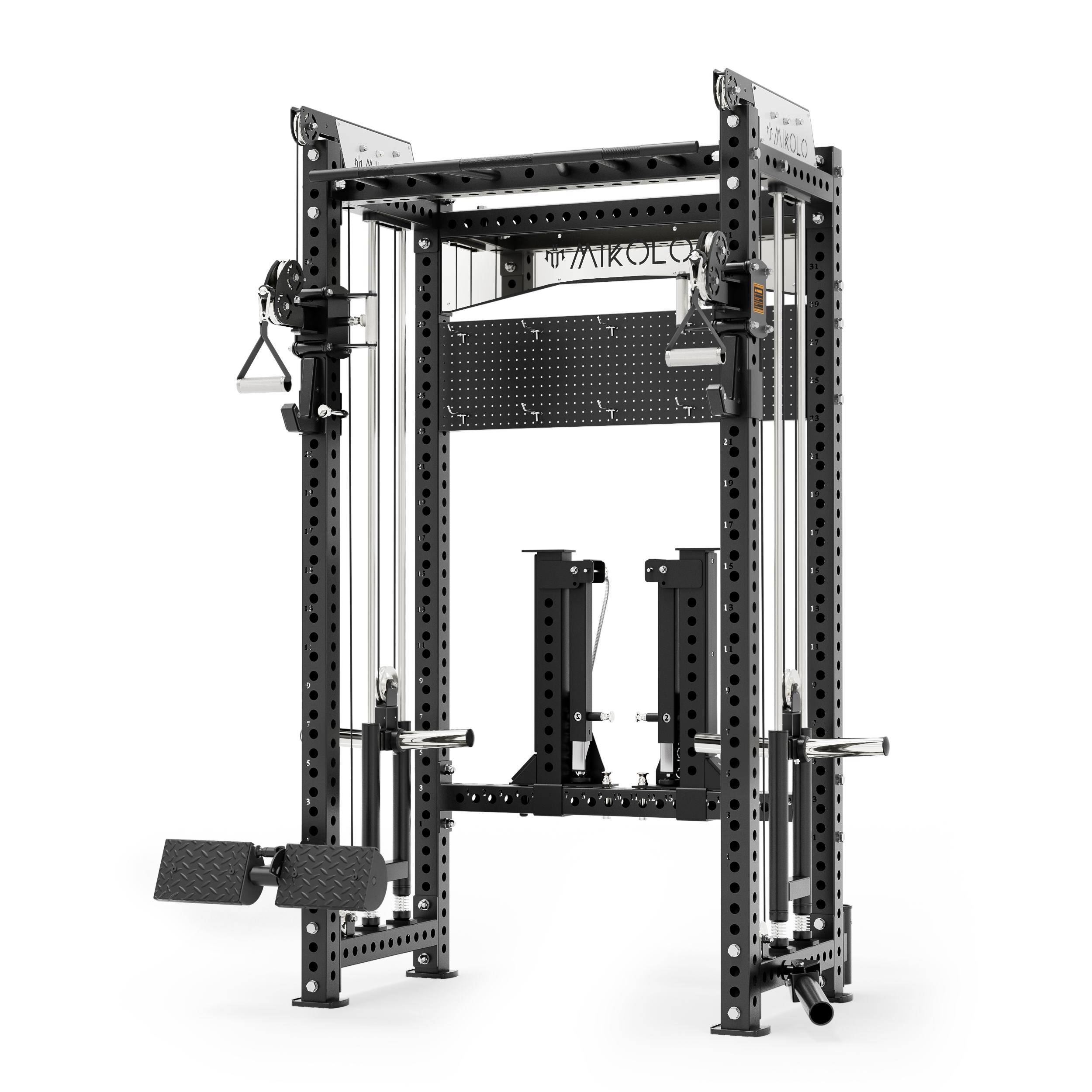


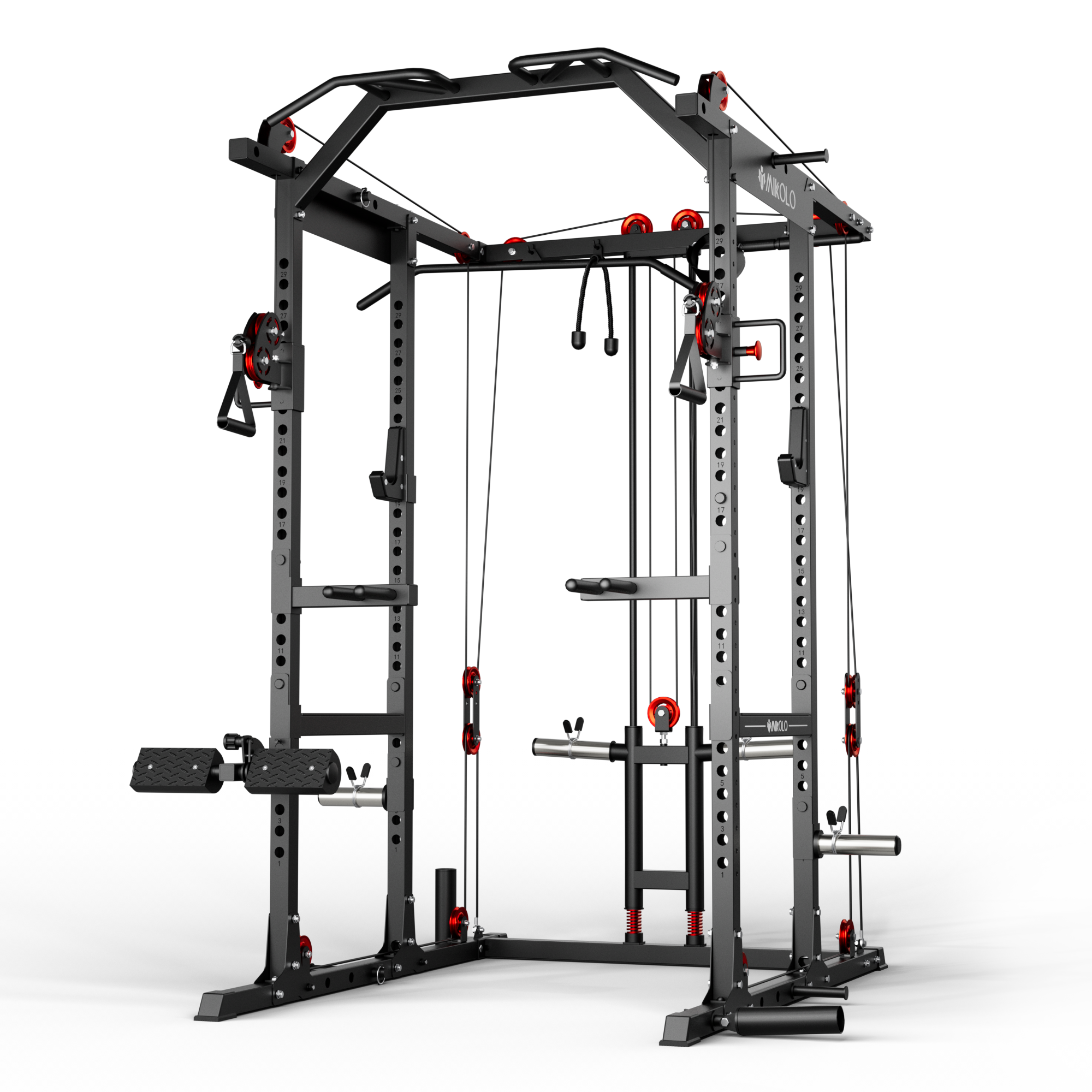


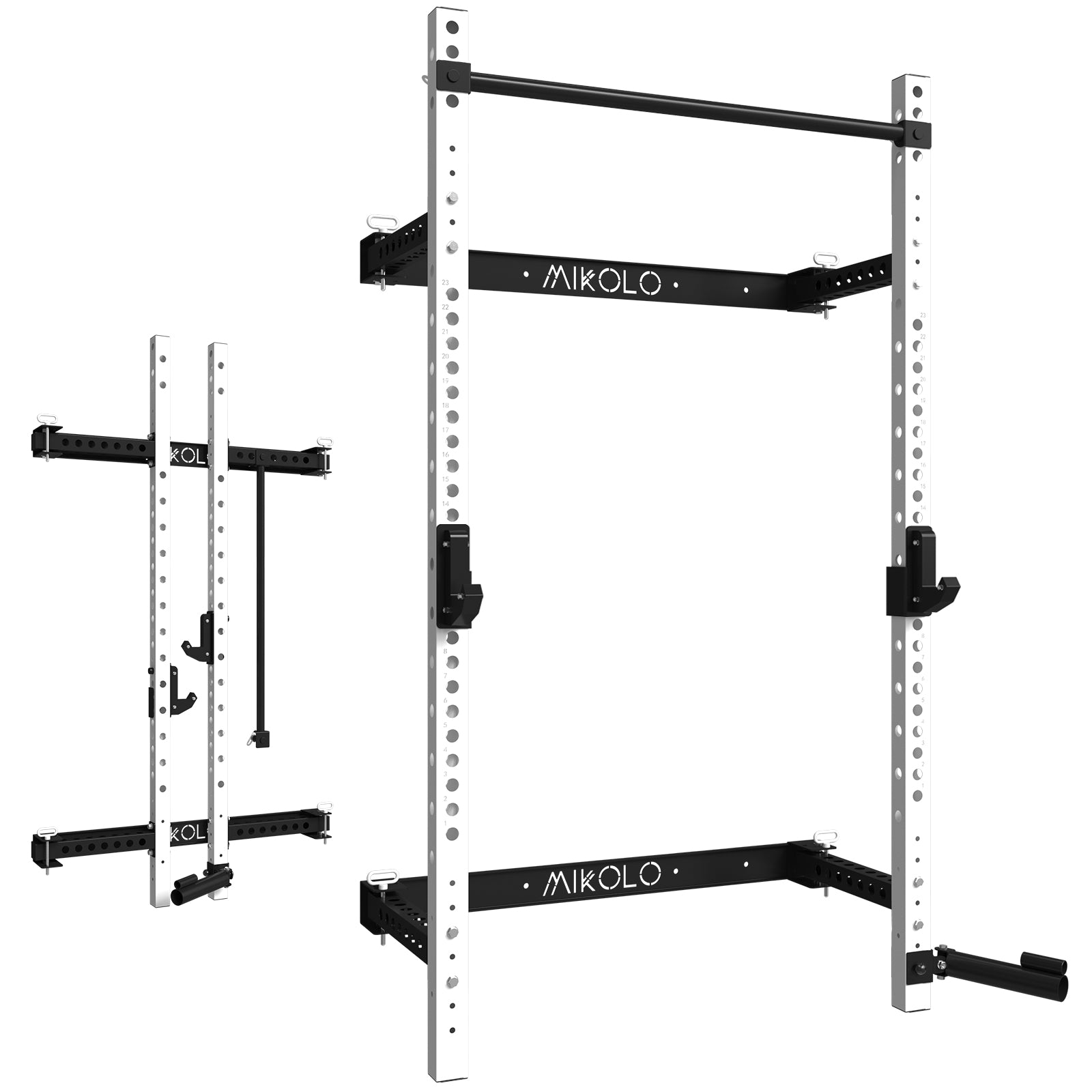


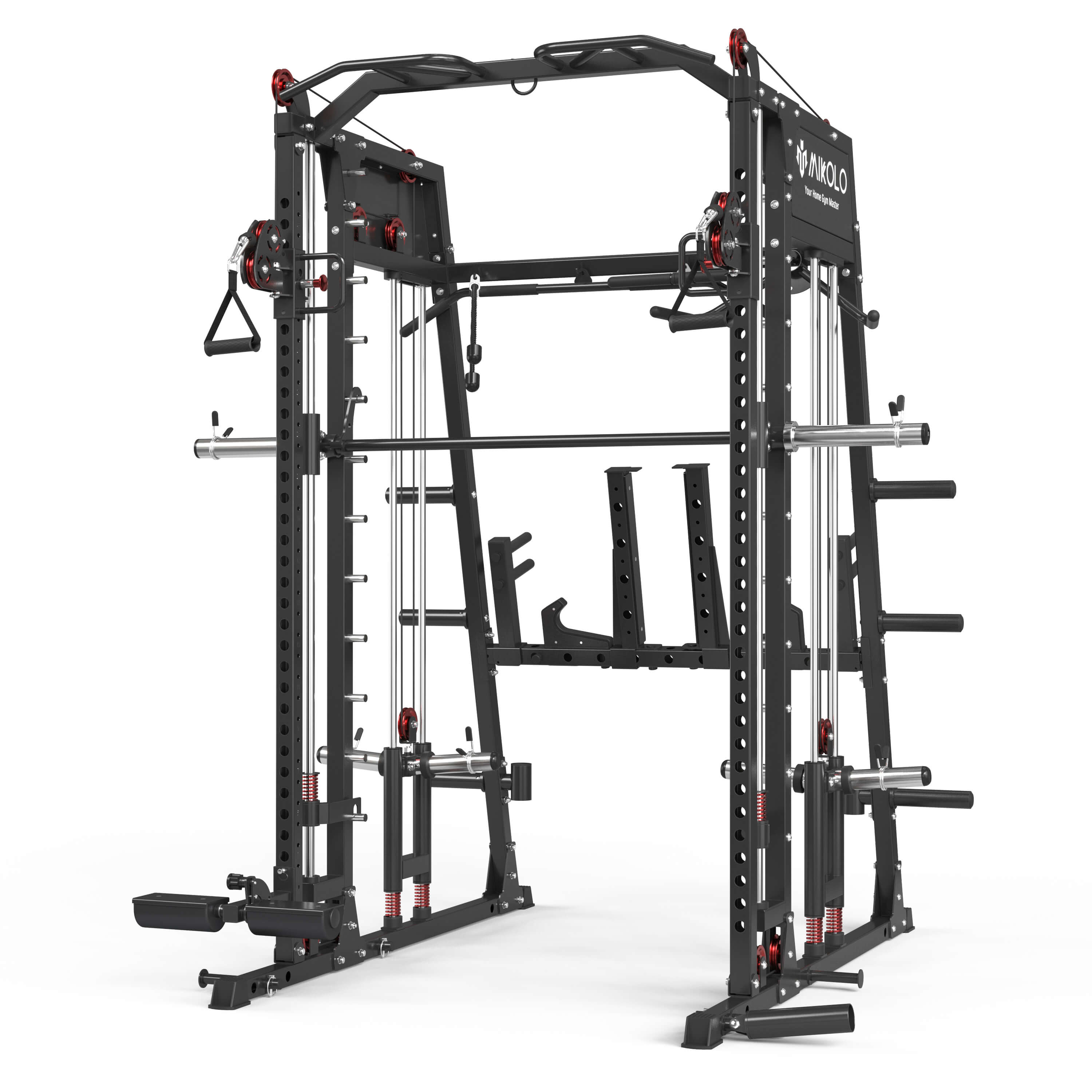
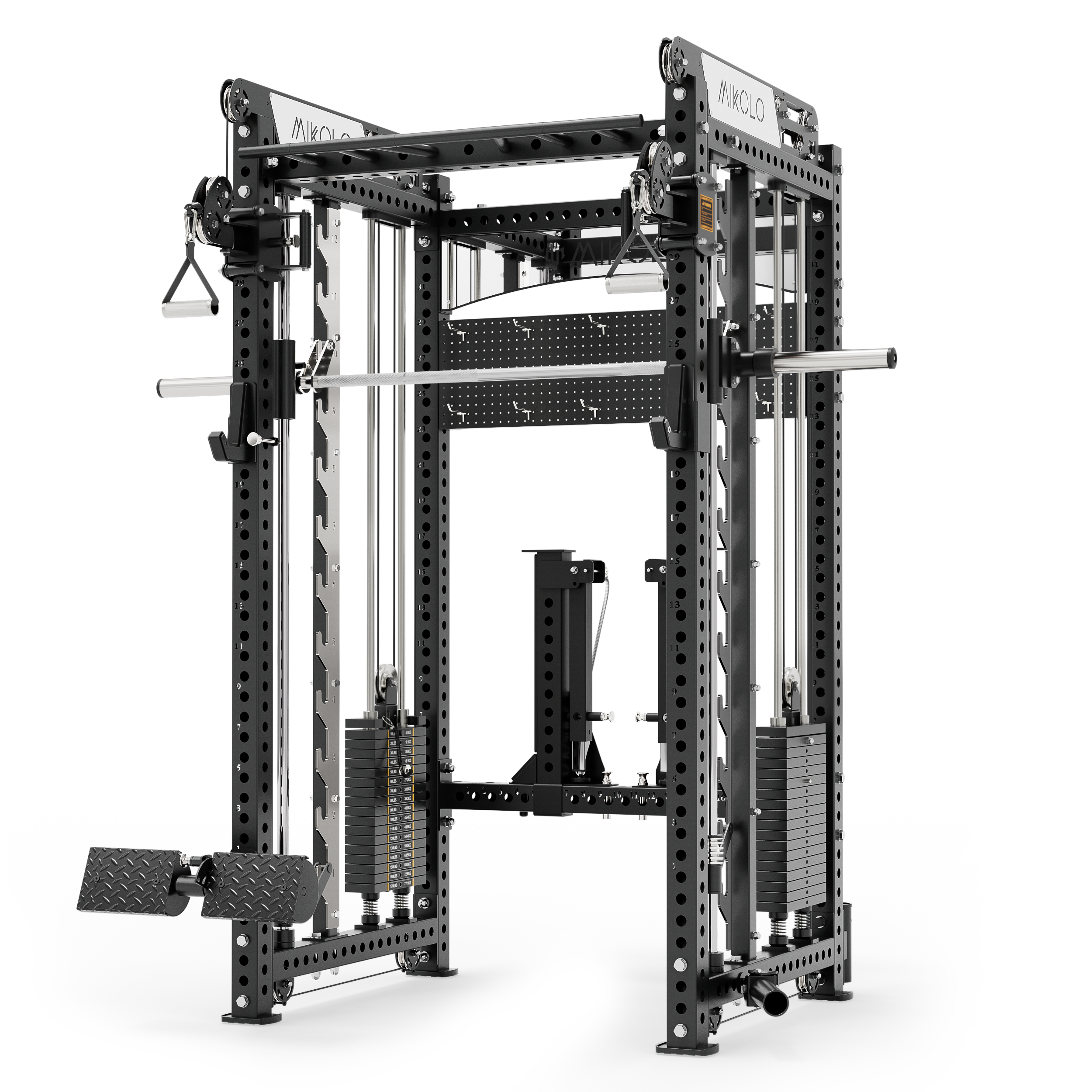
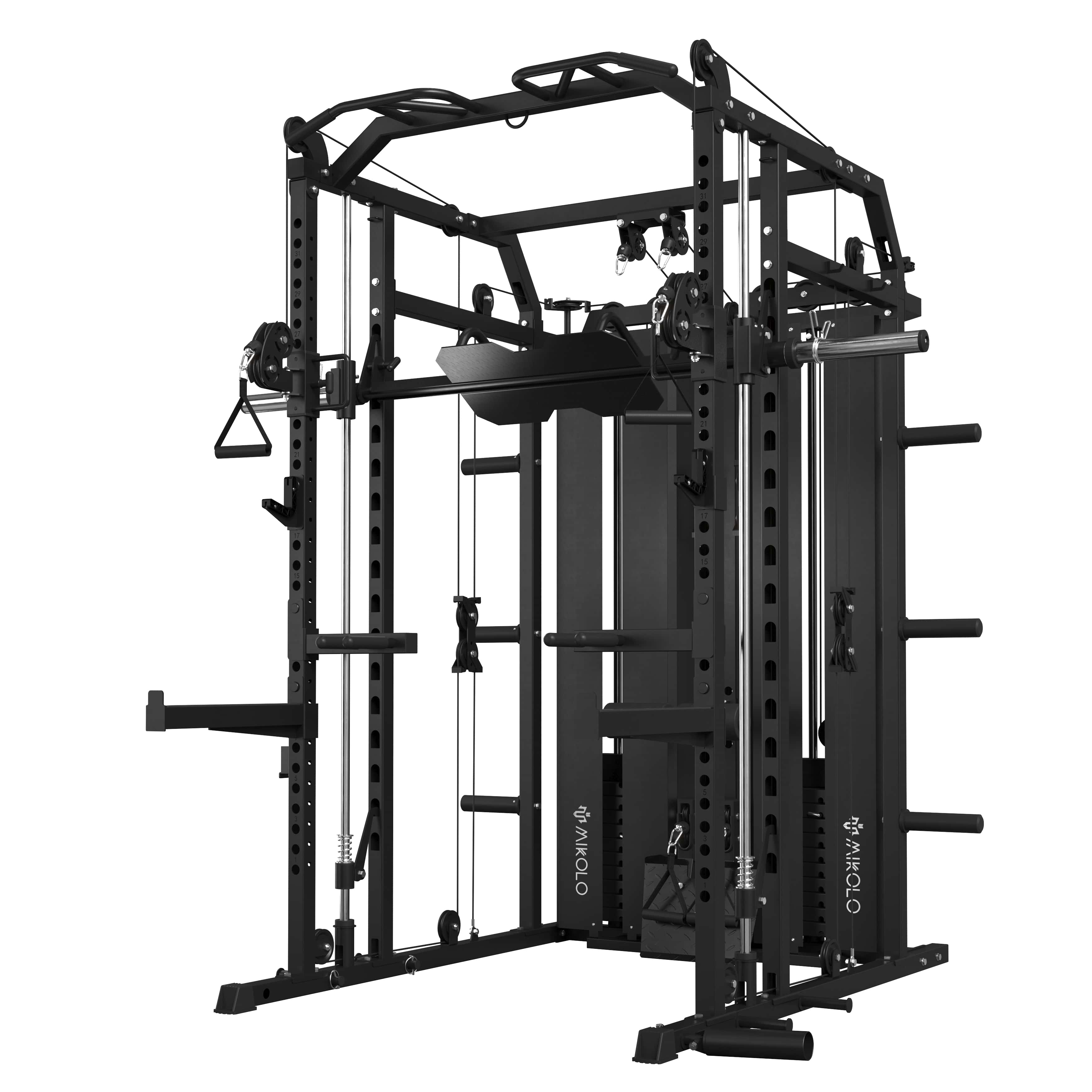
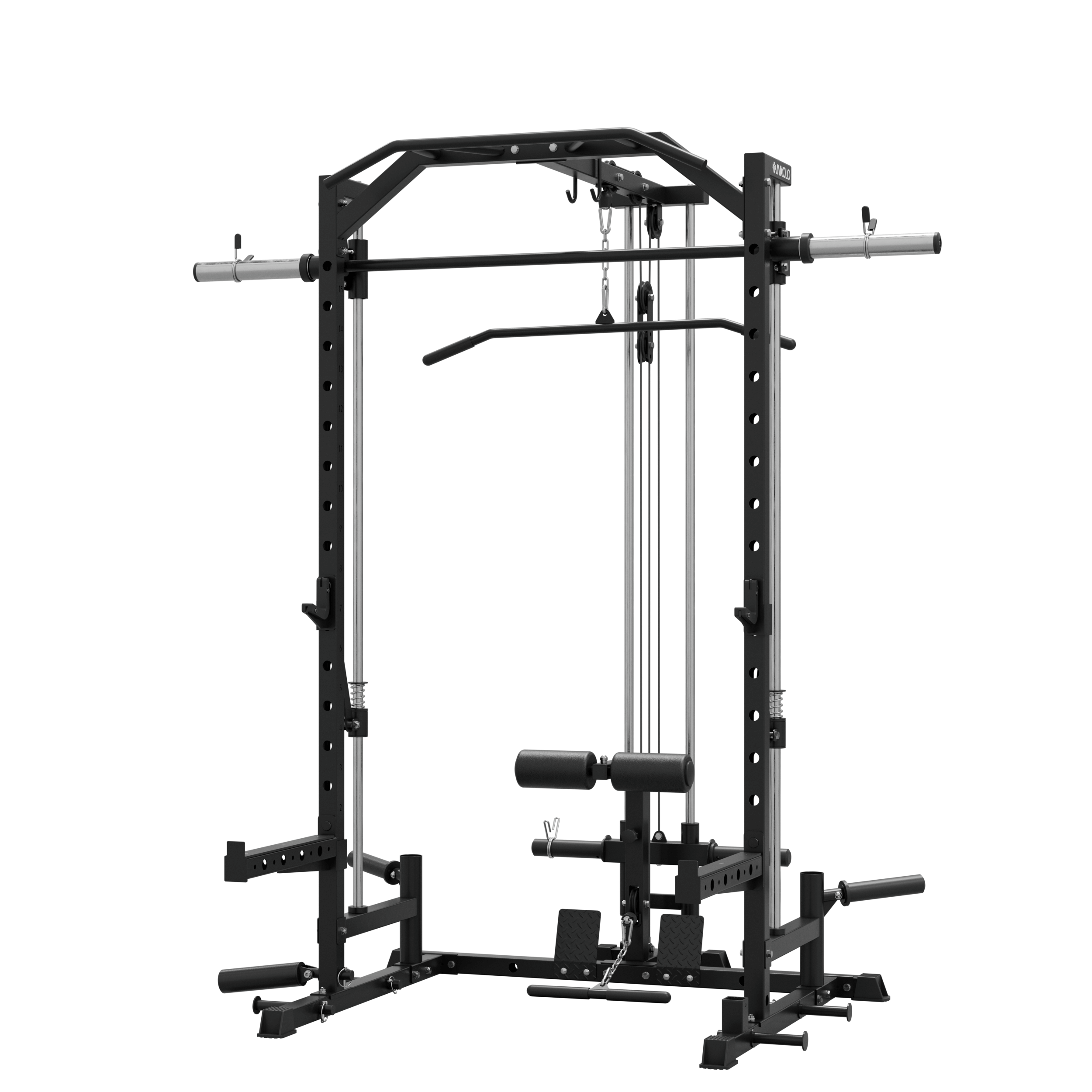
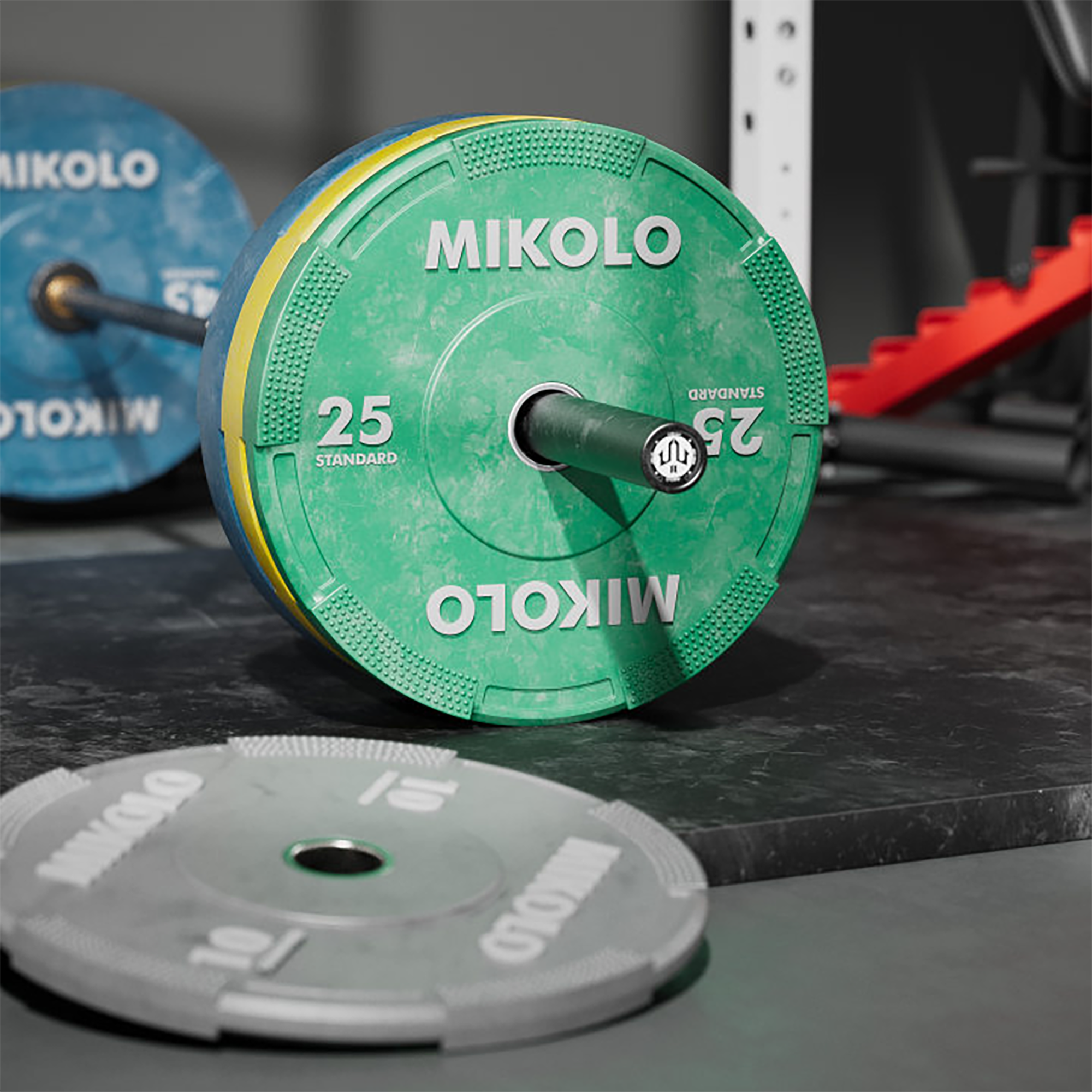


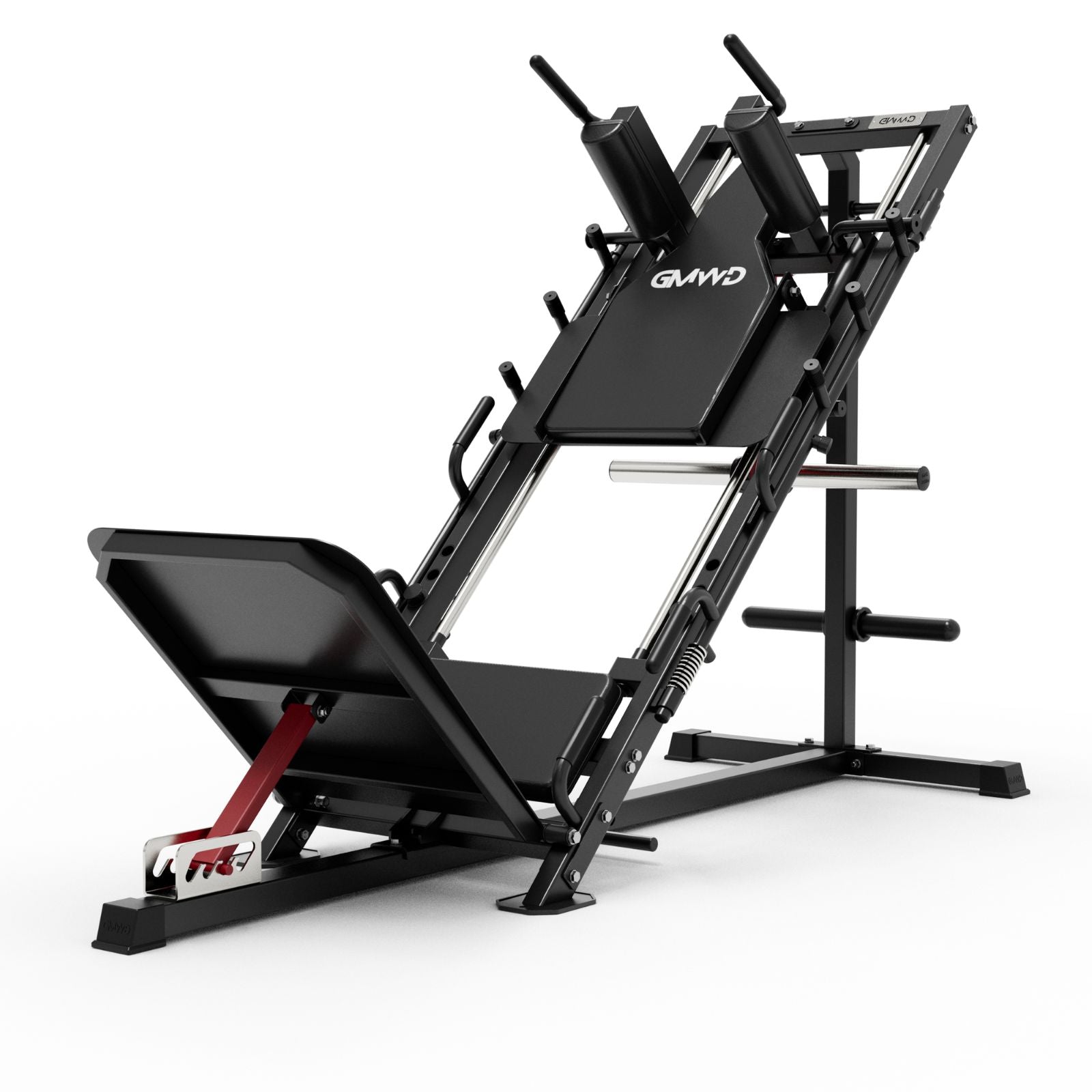


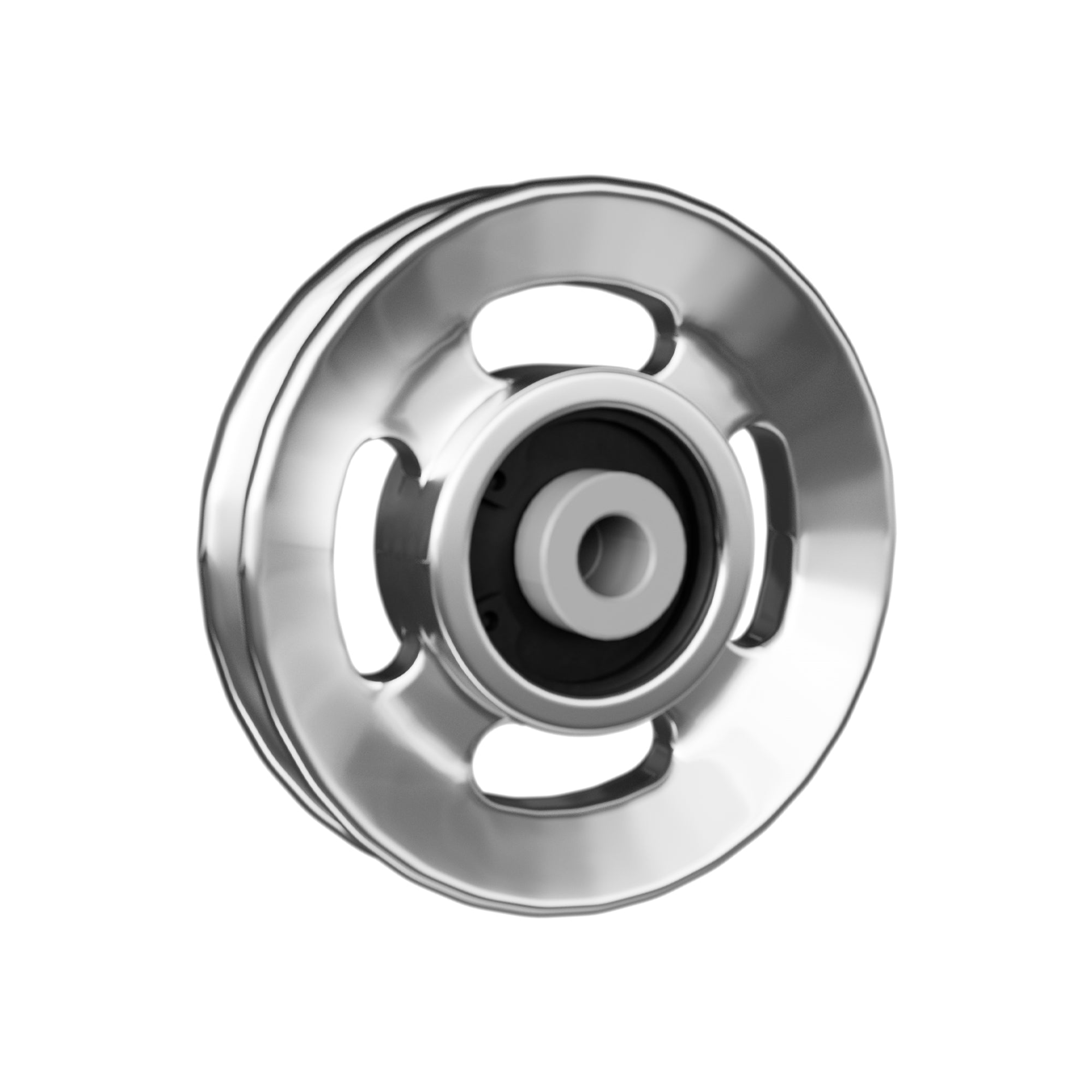
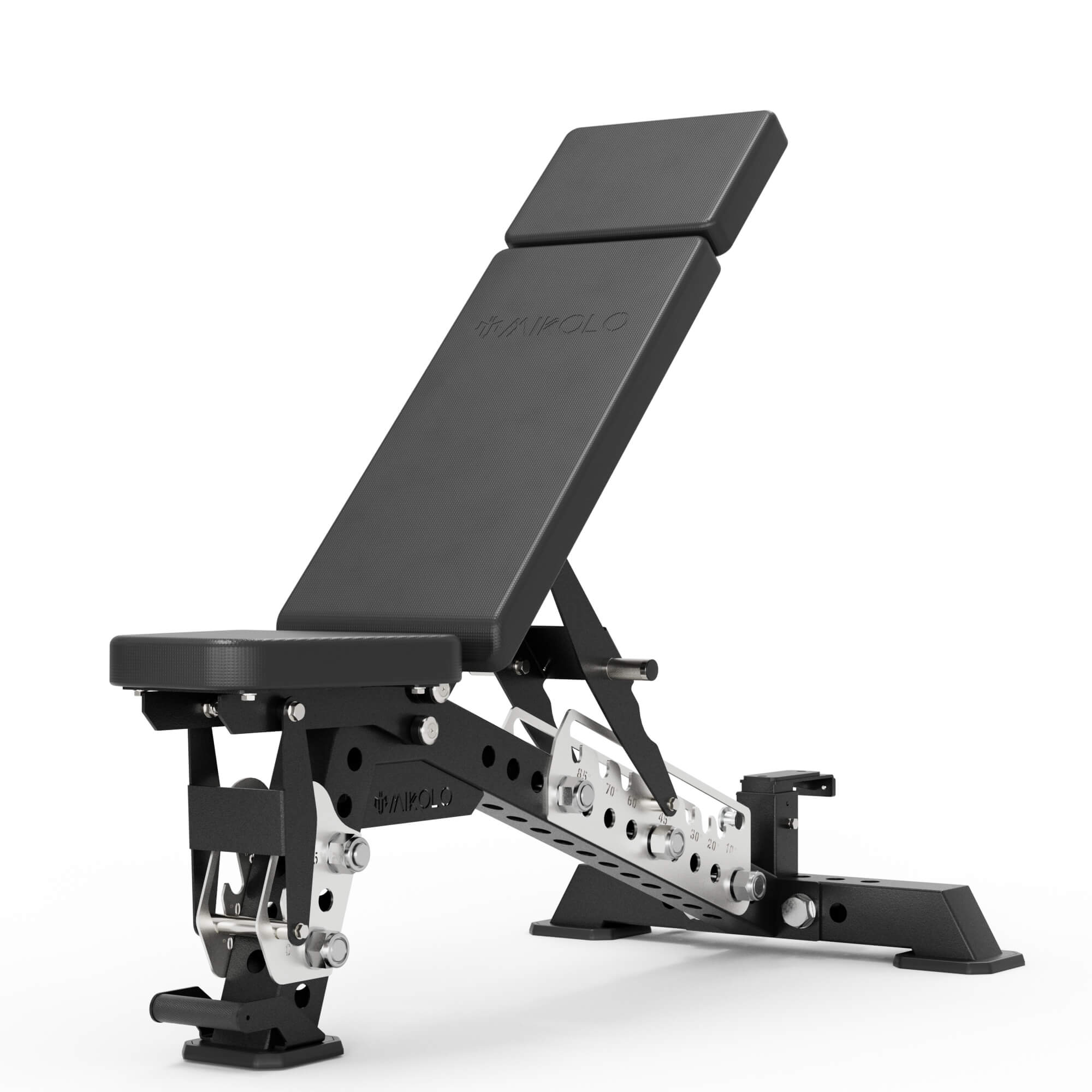
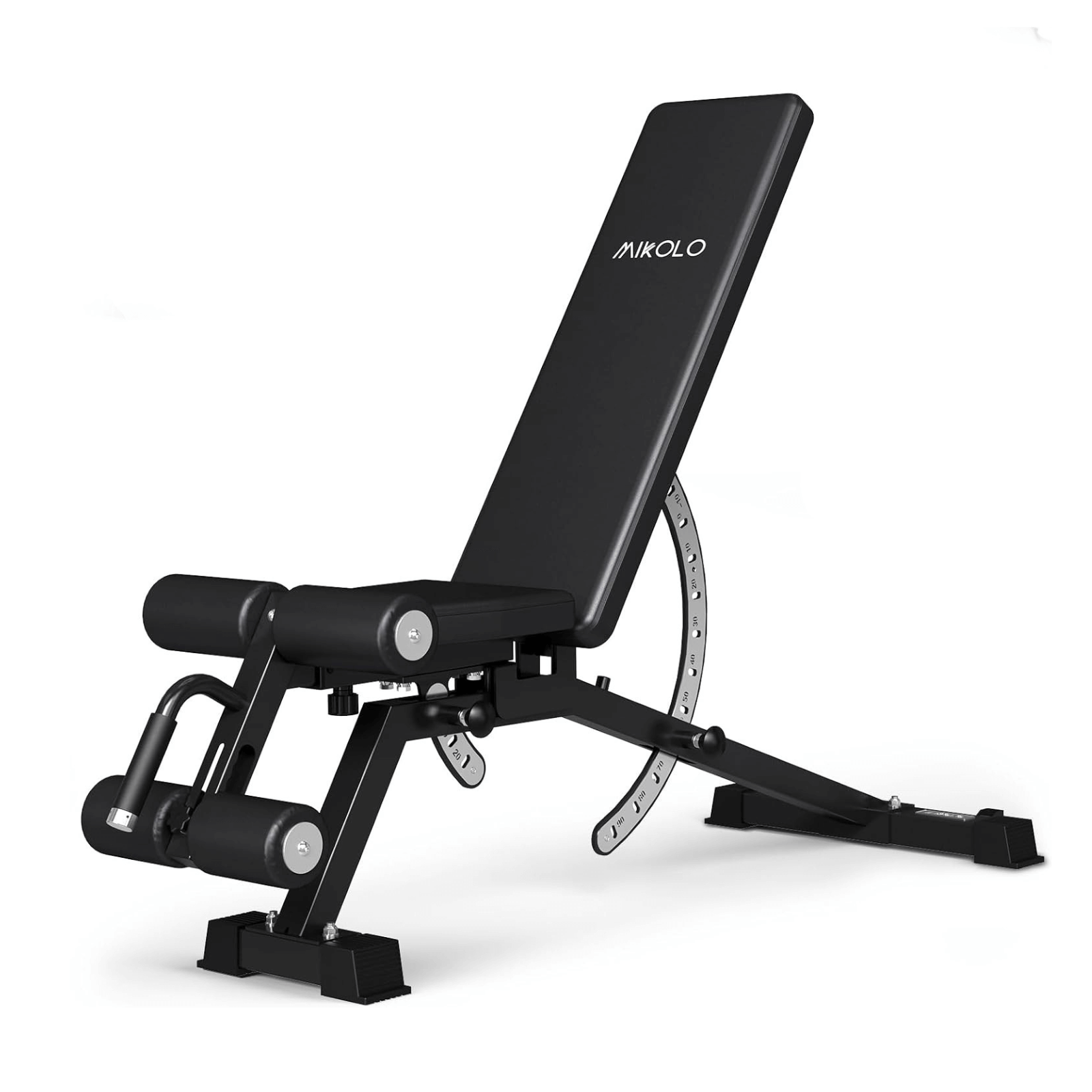




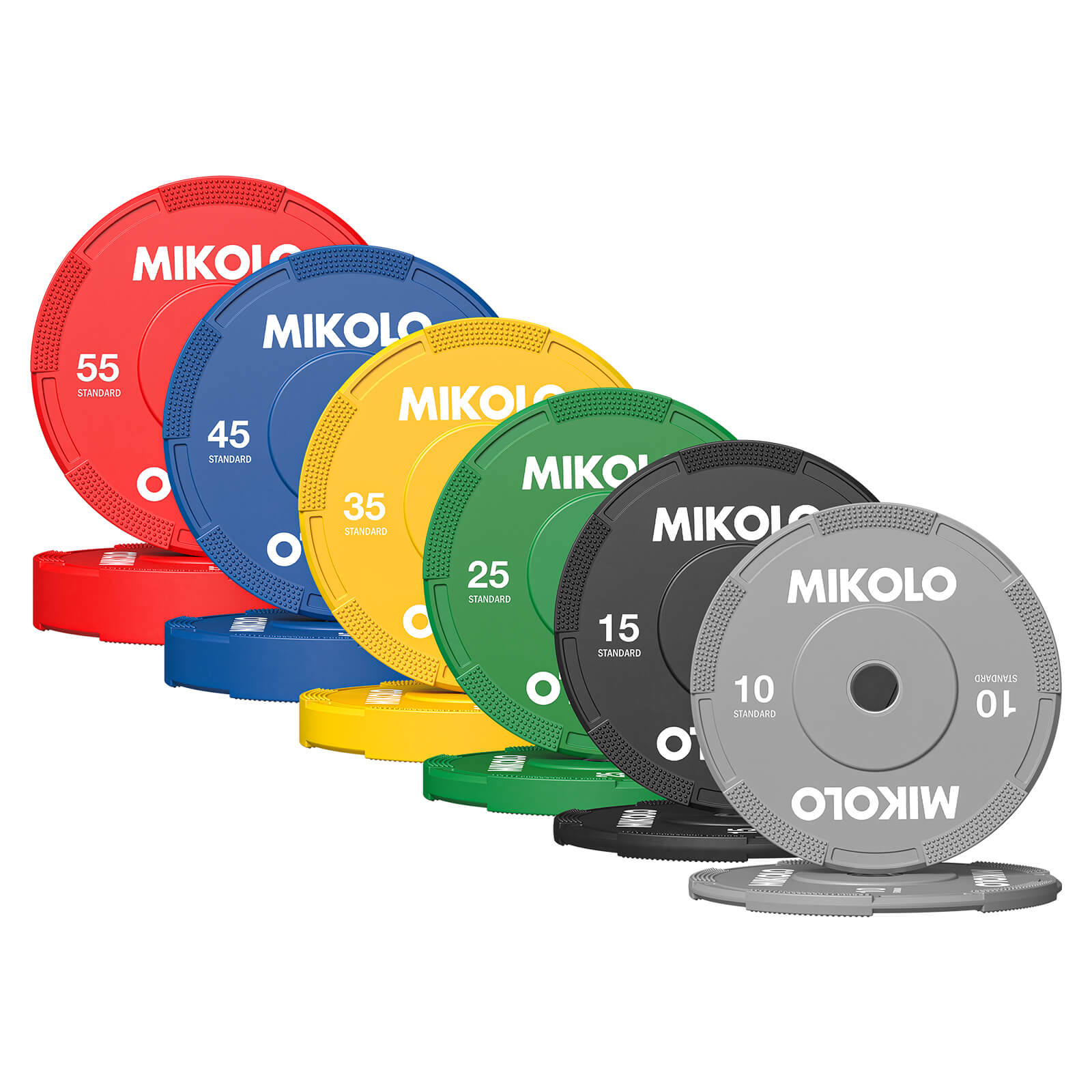

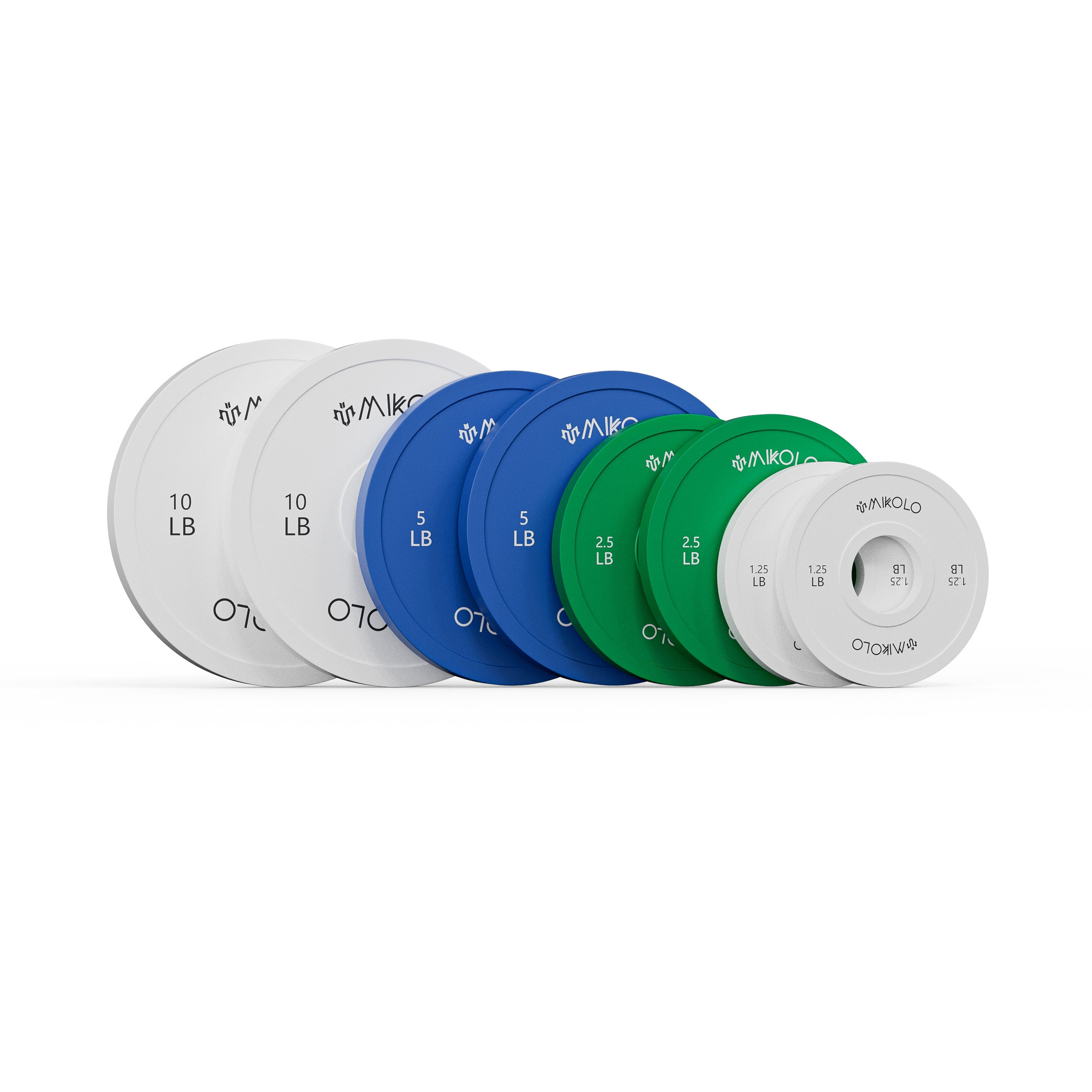

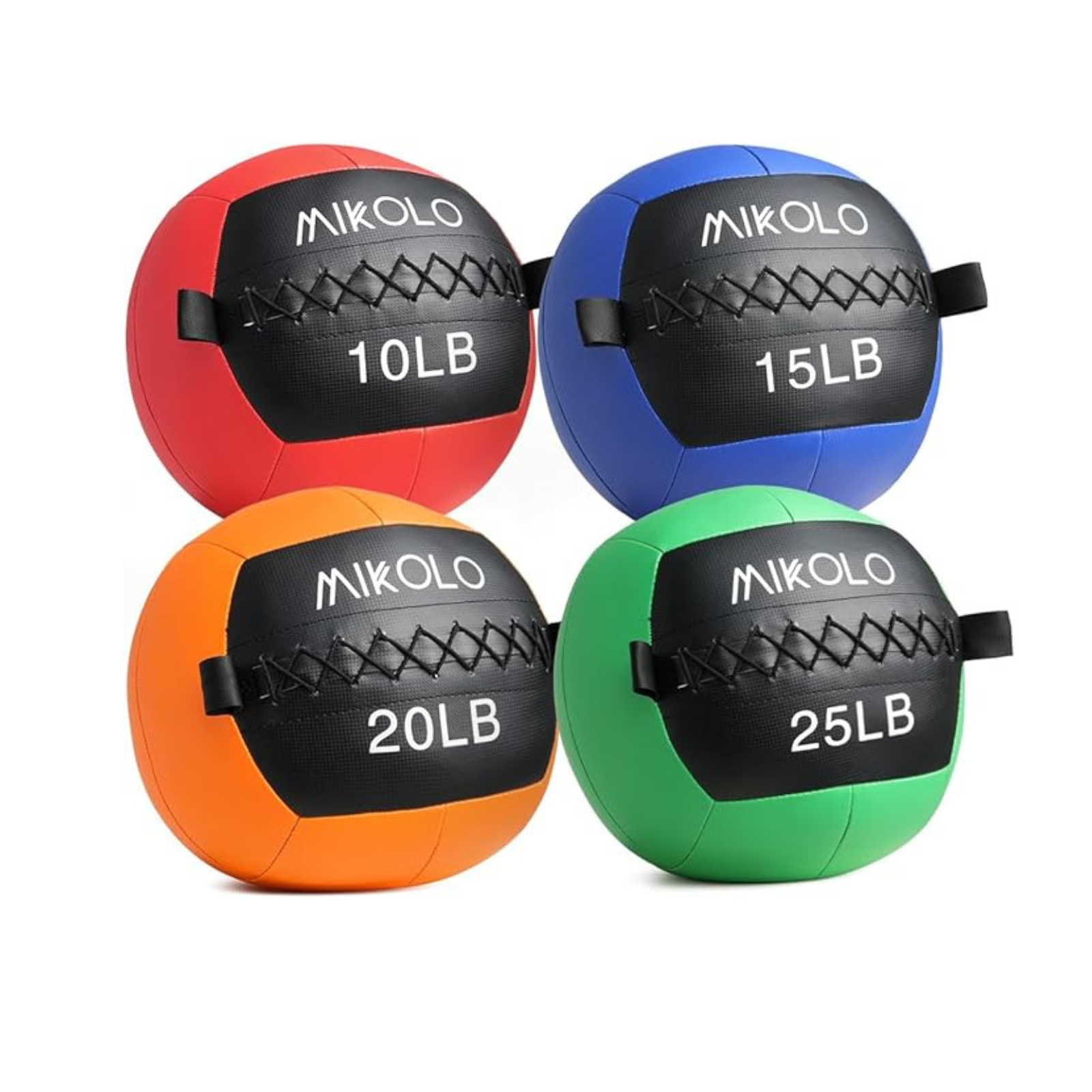
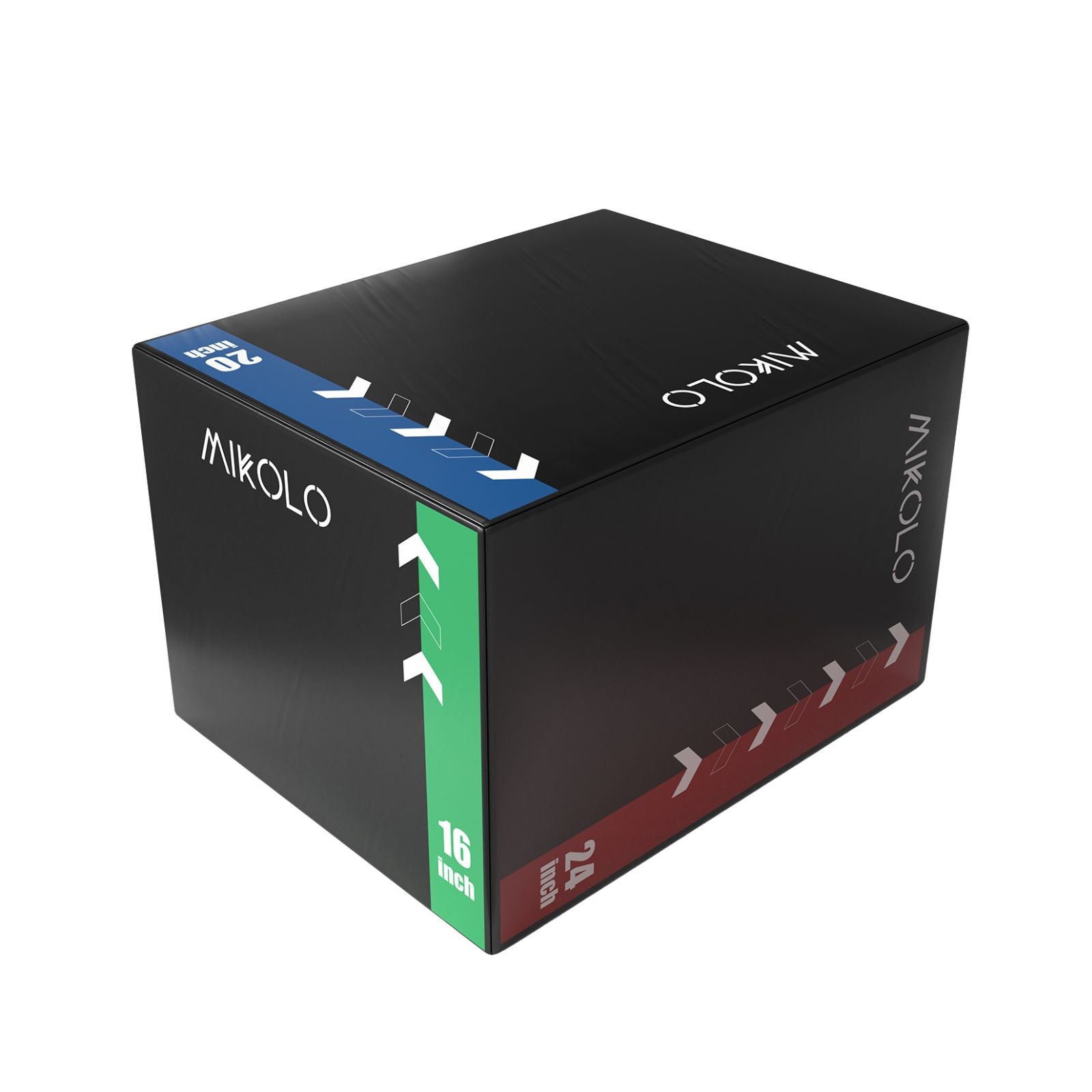






Leave a comment
This site is protected by hCaptcha and the hCaptcha Privacy Policy and Terms of Service apply.